You observe a pattern, the shadow of which runs throughout Venky Atluri’s Vaathi (or SIR in Telugu). Venky opens the narrative in a casual, solemn tone. Three brothers uncover a box of VHS tapes in 2022. We observe the back of an instructor doing trigonometric sums on a chalkboard as the video plays. It’s Dhanush (of course), and he even turns around for a half-second. The sought mass introduction shot fails miserably. Is a half-second counted? The riddle of the cassettes leads the lads to a District Collector’s office, where Venky shows us, Dhanush, from a photograph on the wall once more.

Venky’s casual use of songs in the first half conveys this restrained intensity, and the thought of a complete film in the same mold excites me. Because there is no set-up for the first song, Dhanush’s great dancer takes a step back; he wanders along the street and nonchalantly flexes a leg. Yet in the middle of Vaa Vaathi, a love song, Venky narrates a somber story of how a school becomes a temple for marginalized populations who are not permitted to enter temples. These are amazing suggestions.

Nevertheless, this is only half of the pattern; sadly, Vaathi is full of one-off ideas that find their evil counterpart right away. That is, the picture continues to diminish itself by adding elements that aren’t necessary.
For example, the restraint in the introductory shots – a giant name card for Dhanush emerges the third time we see him, but the moment has gone. Likewise, the usage of GV Prakash’s magnificent compositions feels haphazard.
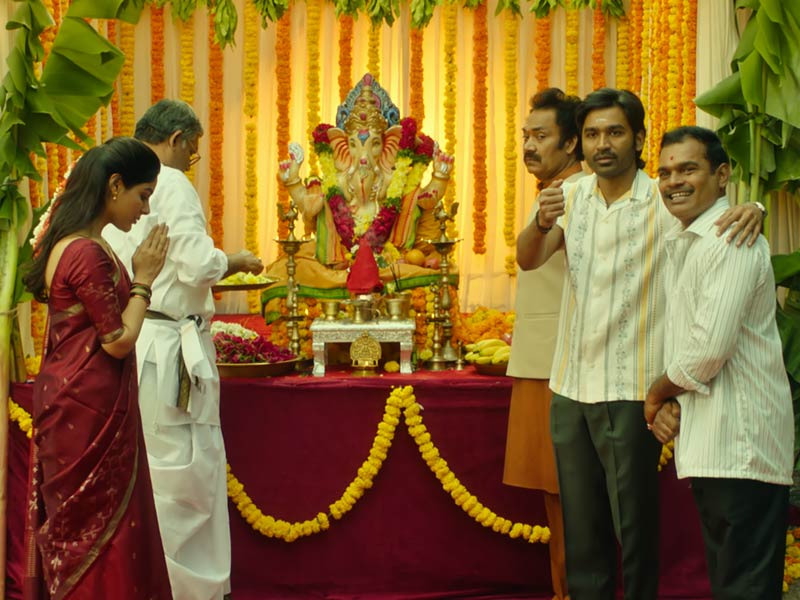
The film is set in the 1990s in Sozhavaram, a town on the Tamil Nadu-Andhra Pradesh border. Dhanush’s character Balamurugan, an assistant teacher at the private Thirupathi Coaching Centre, is sent as a full-time mathematics teacher to a government school in Sozhavaram as a result of a contract struck between the government and TCC’s chief Srinivasa Thirupathi (Samuthirakani). Thirupathi, on the other hand, has his own purpose; sending these “third-grade” teachers to government schools ensures that his own kids succeed.
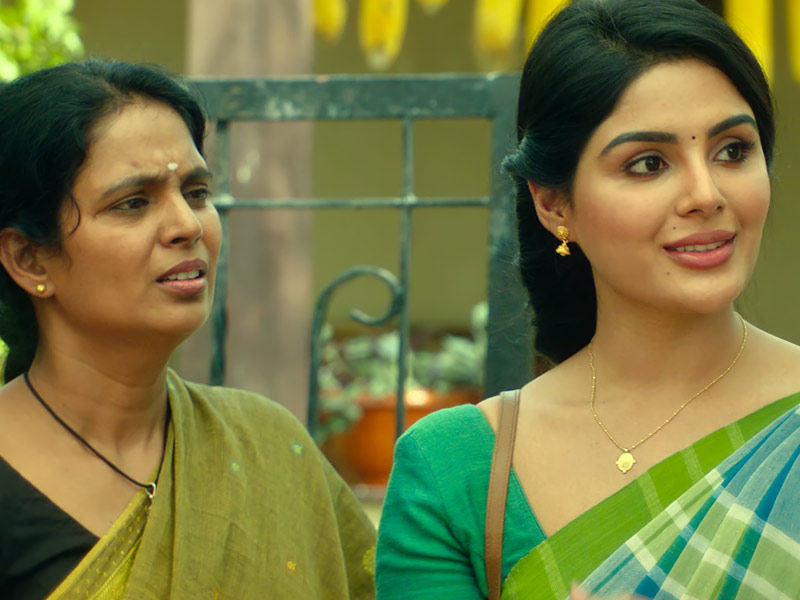
But Balamurugan has a noble objective, which begins with making sure the pupils attend school, then gathering them and banding together to take on Thirupathi. The geographical and historical circumstances obviously assist — the lack of communication technology, contemporary ways of transportation, and the internet are required to convey this narrative — and situating it in a border town also helps this Tamil-Telugu multilingual film. Nevertheless, the picture quickly loses the appearance and feel of the era, and there are several horrible lip-syncs.
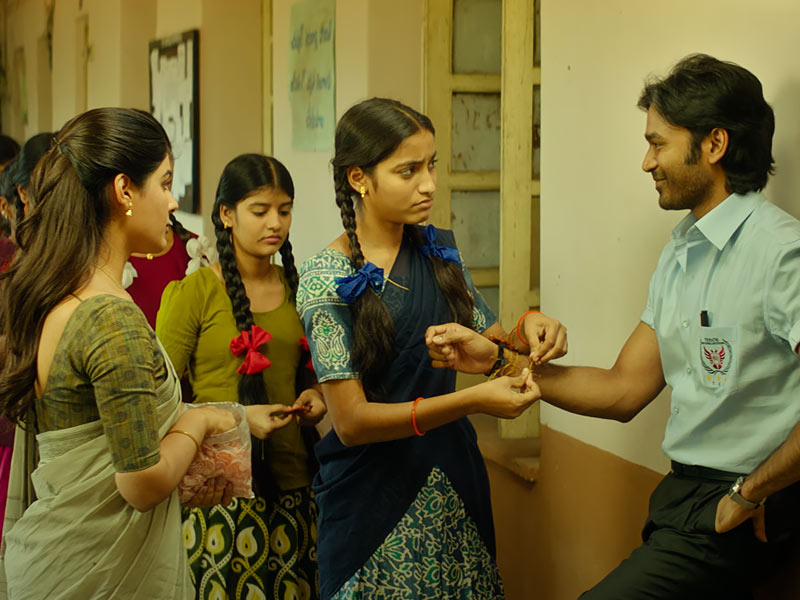
Vaathi is a film in which the hero uses tiny methods to win large, but the undemanding screenplay only gives a few pay-offs, even though several sequences are effectively built up. Similarly, additional moments like the one where Bala describes the absurdity of caste and the classroom transforms into a microcosm of society are needed in the screenplay; more of this, and we may have received something close to the 2007 American film Freedom Writers.
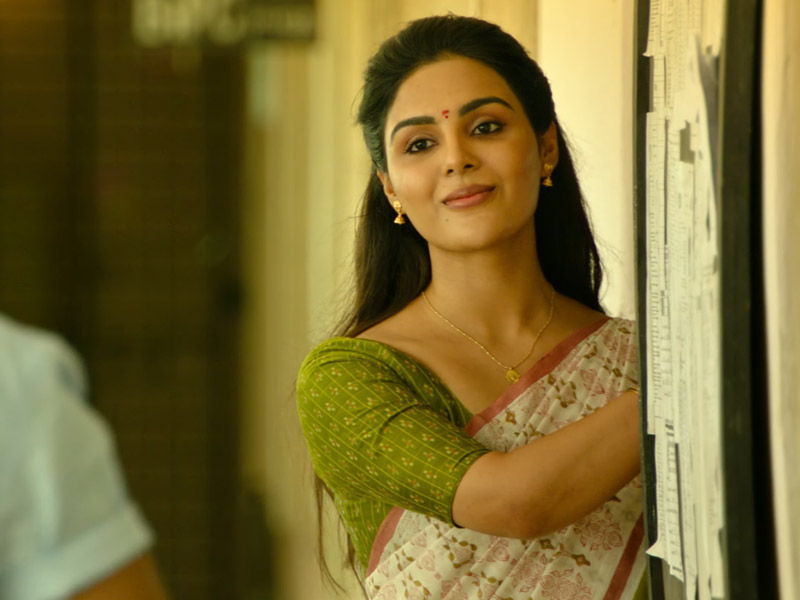
Also, Read Inside: Willem Dafoe Is Completely Deranged In Shocking Survival Drama
The film is also full of one-dimensional characters that showed promise at first. The plot has no meaning for the characters played by Tanikella Bharani and Hareesh Peradi. As Ken Karunas’ Muthu gets into several interesting situations in the script, Samyuktha’s Meenakshi is made ineffective. When it comes to the star at the center of it all, you just feel awful for Dhanush since he tries to sustain the picture on his own, even at its weaker moments. Regrettably, there isn’t enough information on paper to assist him.
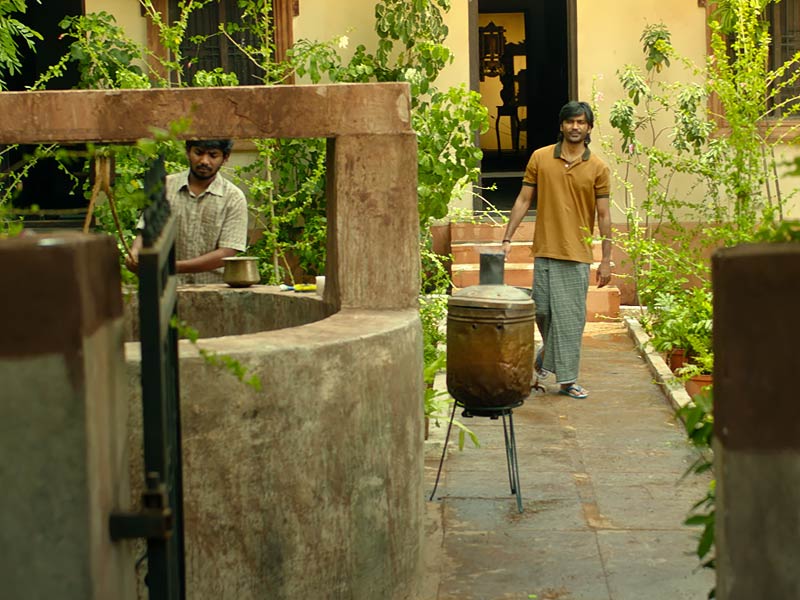
At one point, filmmaker Venky goes meta, saying that even a movie theatre can provide education, and his noble message comes out loud and clear in the film. You wish the screenplay was as sharp as Dhanush’s fountain pen point and as crooked as his folded half-sleeves.





























